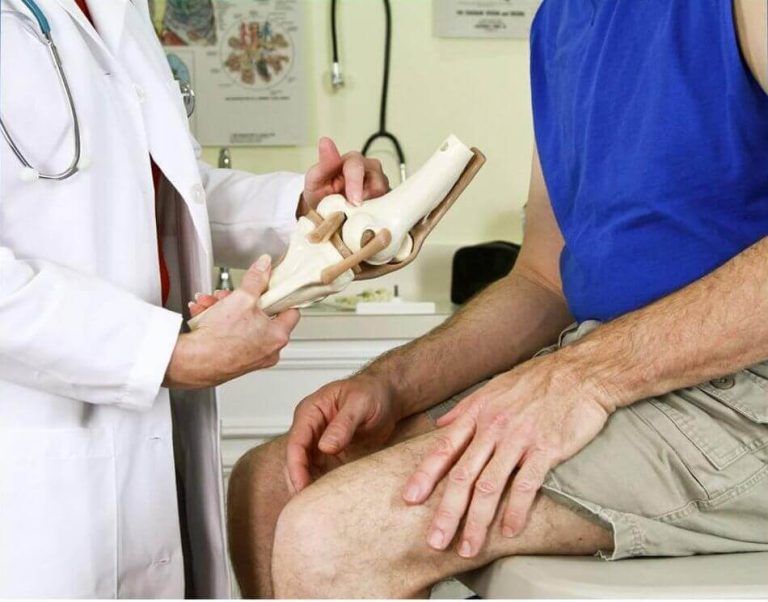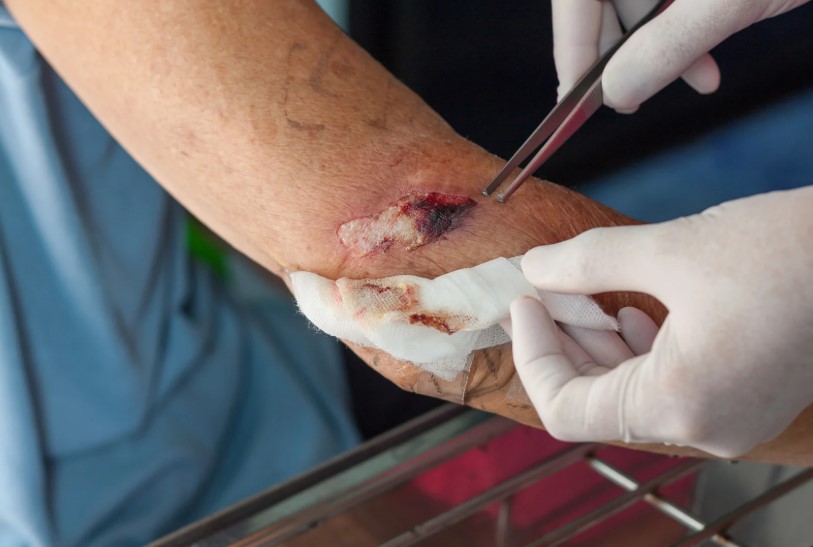Knee surgery can be a life-changing decision. Whether you are dealing with knee pain, injury, or a chronic condition like arthritis, selecting the right doctor for knee surgery is essential for a successful outcome. Knee problems can stem from various causes, including osteoarthritis, ACL ruptures, meniscal tears, and other injuries. The right specialist will provide personalized care to restore your mobility and improve your quality of life. In this guide, we will explore the importance of choosing the best doctor for knee surgery and discuss the common conditions that may require surgical intervention.
Understanding Knee Surgery and Its Importance
Knee surgery becomes necessary when conservative treatments such as medication, physical therapy, or injections no longer provide relief. Conditions like osteoarthritis, meniscal tears, and ACL injuries often require surgical intervention to restore function and alleviate pain. In some cases, surgery may be the only option to improve mobility and avoid further joint damage.
For those suffering from knee arthritis, the pain and stiffness can become unbearable, affecting daily activities. Knee surgery, such as a total knee replacement, may be the most effective solution. Other conditions, such as ACL ruptures or meniscal tears, may require more specialized procedures like ligament reconstruction or meniscus repair.
Types of Knee Surgery and Procedures
There are several types of knee surgery, depending on the severity and type of injury or condition:
- Arthroscopic Surgery: Often considered minimally invasive, this procedure involves small incisions and a camera to repair damaged cartilage, ligaments, or menisci. It’s commonly used for meniscal tears, ACL injuries, and some cases of arthritis.
- Knee Replacement Surgery (Total and Partial): When arthritis or injury has worn away the cartilage, knee replacement surgery may be necessary. In a total knee replacement, the entire knee joint is replaced with a prosthetic. A partial knee replacement is suitable when only one part of the knee joint is affected.
- Meniscus Repair and Reconstruction: Meniscal tears can be repaired or, in some cases, removed. If left untreated, they can cause joint instability and pain. Meniscus repair aims to restore the natural cushioning in the knee.
- ACL Reconstruction Surgery: If you have ruptured your ACL, surgery may be required to reconstruct the ligament. This is typically done using a graft from your own body or a donor, which is then attached to the bones to restore stability.
Key Factors in Choosing the Right Doctor for Knee Surgery
Choosing the right doctor for knee surgery is crucial to achieving the best possible outcome. Here are key factors to consider:
- Qualifications and Experience: Look for a doctor who specializes in knee surgery and has experience with your specific condition. A board-certified orthopedic surgeon with a focus on knee surgery will have the expertise necessary for complex procedures.
- Specialization: Knee surgery is a specialized field. Make sure your doctor has a deep understanding of knee anatomy, common injuries, and the latest surgical techniques.
- Consultations and Second Opinions: It’s always a good idea to seek a second opinion if you’re unsure about the recommended course of action. A good orthopedic surgeon will be open to providing you with the information and options to make an informed decision.
What to Expect During a Knee Surgery Consultation
The consultation with your orthopedic surgeon is the first step toward treatment. Here’s what to expect:
- Preparing for Your Consultation: Be ready to discuss your medical history, including any previous knee injuries, surgeries, or conditions like arthritis. Your doctor may ask about the onset of pain, lifestyle limitations, and your activity level.
- Questions to Ask: Don’t hesitate to ask your doctor about the specifics of the surgery, recovery time, potential risks, and expected outcomes. Also, inquire about their experience with similar surgeries and patient success rates.
- Diagnostic Tools: Your doctor may use MRI scans, X-rays, or a physical exam to assess the condition of your knee joint and determine the appropriate surgical approach.
Recovery and Rehabilitation After Knee Surgery
Recovery after knee surgery is a critical part of the healing process. The timeline and steps involved vary based on the procedure:
- Post-Surgery Care: After surgery, your doctor will provide specific instructions for pain management, wound care, and physical therapy. Resting the knee and following a rehabilitation plan is essential to achieving the best results.
- Physical Therapy and Rehabilitation: Rehabilitation typically includes strengthening exercises, stretching, and mobility training. Your doctor or physical therapist will design a personalized plan to help restore function and strength to your knee.
- Recovery Timeline: Recovery times can range from a few weeks for arthroscopic procedures to several months for knee replacement surgery. Your doctor will provide a timeline based on the surgery type and your personal progress.
Risks and Benefits of Knee Surgery
As with any surgery, knee surgery carries risks and benefits:
- Risks: Complications can include infection, blood clots, nerve damage, or stiffness. However, these risks are minimized when performed by a skilled orthopedic surgeon.
- Benefits: Knee surgery can significantly reduce pain, improve mobility, and prevent further joint damage. In cases of severe arthritis or injury, it can offer a long-term solution to debilitating knee problems.
Alternative Treatments to Knee Surgery
While surgery is often necessary, there are non-surgical alternatives to consider, especially in the early stages of knee problems:
- Non-Surgical Treatments: These may include physical therapy, medications, cortisone injections, or platelet-rich plasma (PRP) therapy. For patients with early-stage osteoarthritis, these treatments may provide sufficient relief without the need for surgery.
- When Surgery is Recommended: If conservative treatments fail or if you have significant joint damage, surgery may be the best option to improve quality of life and prevent further deterioration.
Takeaway
Choosing the right doctor for knee surgery is a crucial step in your recovery journey. By understanding the types of knee surgeries available, the importance of a qualified orthopedic surgeon, and the recovery process, you can make informed decisions that lead to better outcomes. If you’re suffering from knee pain or other knee issues, don’t hesitate to consult with an experienced knee surgeon to explore your treatment options.






